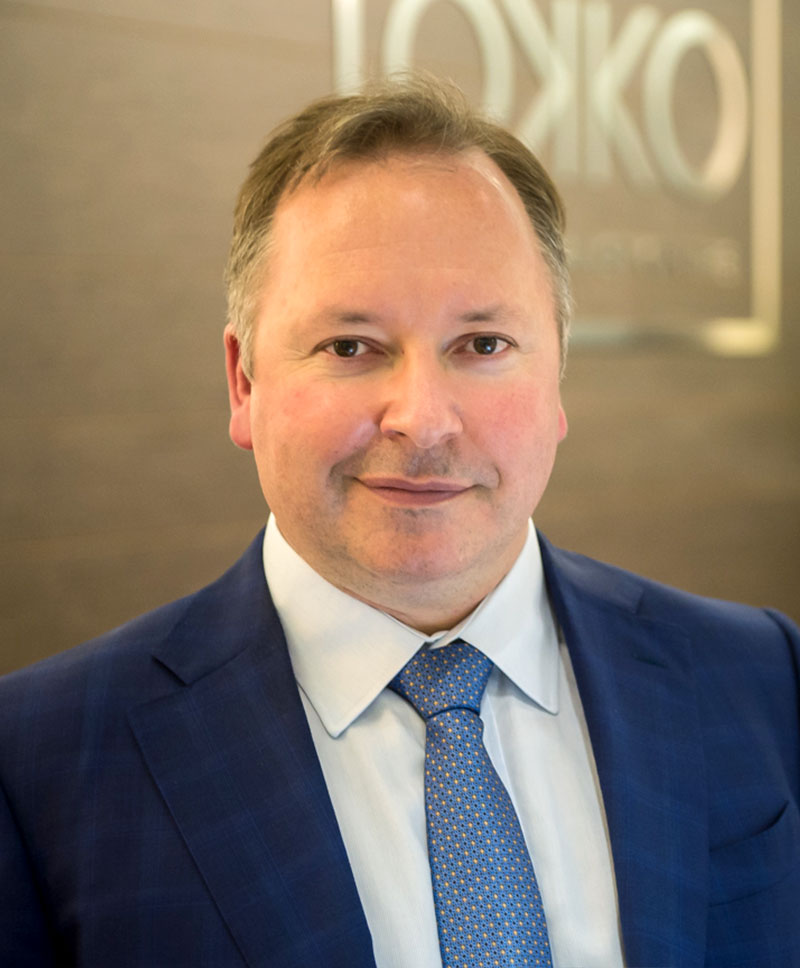
Can you wear contact lenses after ICL surgery?
If you’re tired of constantly relying on glasses or contacts to see clearly, Implantable Contact Lens (ICL) surgery may be the solution you’ve been looking for. This procedure involves implanting a tiny lens inside your eye, which can help correct nearsightedness, farsightedness, and astigmatism. One of the most significant advantages of ICL surgery is that you will be less dependent on your glasses or contacts. But what happens if you need to wear contacts after the procedure? In this blog post, we’ll explore whether wearing contact lenses is possible after ICL surgery.
The short answer is yes, you can wear contact lenses after ICL surgery. However, it’s important to note that the main goal we have for our ICL patients is to provide clear vision without the need for glasses or contacts. If you still require contacts after the surgery, it’s possible that the ICL wasn’t inserted correctly or that there are other underlying issues that need to be addressed.
Factors you should consider
It’s worth mentioning that there is a small chance of complications arising from wearing contacts after ICL surgery. This is because of the space between the lens and the natural lens creates a new area that bacteria can colonise. In rare cases, this can cause an infection. Therefore, it’s essential to ensure strict hygiene when handling contact lenses and scheduling follow-up appointments with your eye surgeon to ensure that your eyes are healing correctly and that you have no infections.
If you decide to wear contact lenses after ICL surgery, we recommend waiting at least two weeks after the procedure before doing so. This allows your eyes ample time to heal and reduces the risk of complications. Once you’ve received the green light from your surgeon, you can begin wearing contact lenses according to the manufacturer’s instructions. It’s essential to be vigilant about any pain, redness, or unusual discharge from your eyes and to stop wearing contacts immediately if any of these symptoms arise.
Enjoy freedom from contact lenses
Another point to remember is that contact lenses may not be necessary after ICL surgery. Most of our patients experience significant improvement in their vision and find that they no longer need corrective lenses. However, if you’re still struggling with blurred vision, it’s best to consult with your eye surgeon to determine the best course of action.
ICL surgery can greatly improve your vision and reduce your dependence on glasses or contacts1https://journals.lww.com/claojournal/Abstract/2018/11002/Long_Term_Clinical_Observation_of_Posterior.62.aspx. While it is possible to wear contact lenses after the procedure, it’s important to follow your eye surgeon’s instructions.
To find out more about ICL surgery, book a free assessment with us.
Found this post useful? Please share!

Hi, I’m Dr. Matthew Russell, a laser and cataract surgeon
HI I’M DR. MATTHEW RUSSELL A LASER EYE AND CATARACT SURGEON
With over 15 years of experience and over 20,000 procedures performed, I enjoy the privilege of helping patients of all ages reclaim clear vision or preserve it for as long as possible.
Vision correction and high-precision cataract surgery hinge on the expertise and skill set of the provider who also has access to the most precise tools for the job. Ophthalmic surgeons like me know how to make treatment safe, comfortable and positive for the patient. They know how to minimise the risk of complications and maximise successful outcomes.
I have a passion for helping my patients enjoy the clear, high-definition vision they need to live rich and active lives. Now, I have hand-picked a team of professionals that share my passion and commitment to exceptional care.
Dr. Matthew Russell
MBChB, FRANZCO






